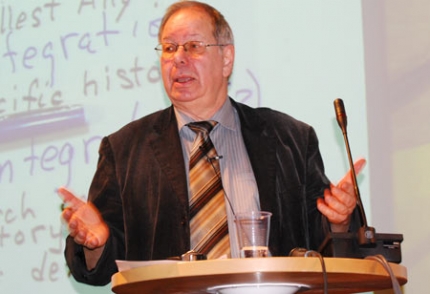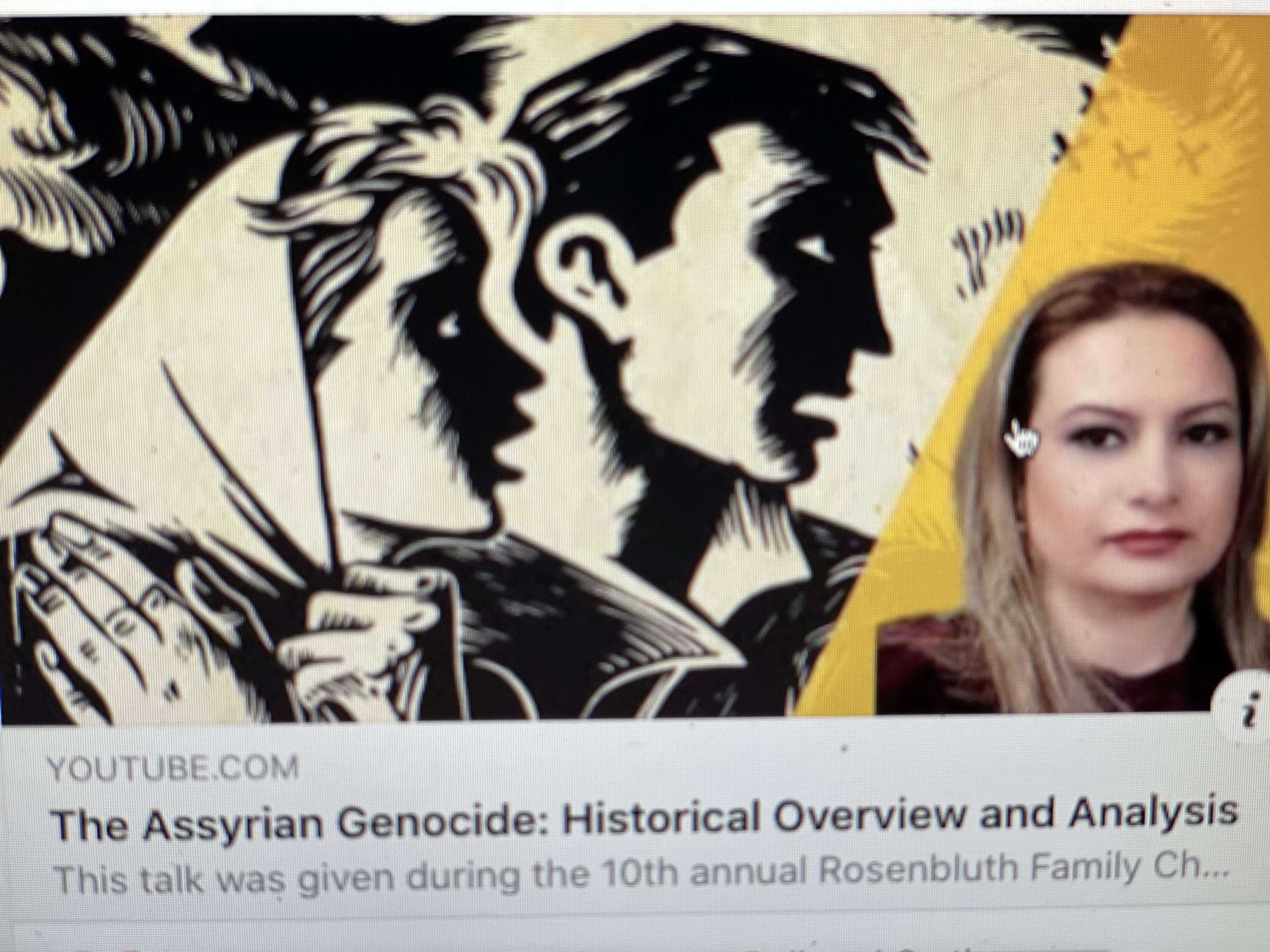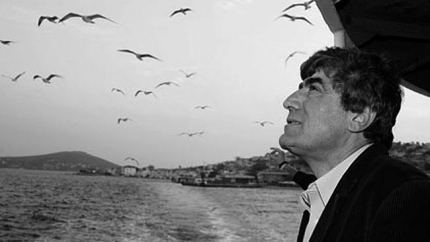By
Abdulmesih BarAbraham
The Armenian Genocide Museum-Institute (AGMI) recently hosted a three-day international conference titled “A Century of Armenian Genocide Studies: Legacy, Challenges, and Future”, held from May 29 to 31, 2025. Organized in Yerevan as part of the commemoration of the 110th anniversary of the Armenian Genocide, the event aimed to reflect on the evolution of genocide studies over the past century, assess current achievements and challenges, and envision future directions for the field. The conference convened 51 scholars representing leading research institutions and universities worldwide.
At the conclusion of the conference, three distinguished scholars were awarded the AGMI’s James Bryce Memorial Medal in recognition of their significant contributions to the study of the Armenian Genocide and broader genocidal policies targeting the Christian populations of the Ottoman Empire. The awardees were:
- Professor Emeritus Dr. David Gaunt, Södertörn University, Sweden;
- Professor Dr. Raymond Kévorkian, French-Armenian historian and Chairman of the AGMI Board of Trustees (Université de la Sorbonne, Paris);
- Dr. Mehmet Polatel, Turkish historian and current Academy Coordinator at the Hrant Dink Foundation.

Professor David Gaunt
Professor David Gaunt’s Scholarly Contributions
David Gaunt, Professor of History at Södertörn University’s Centre for Baltic and East European Studies, is widely recognized as a leading scholar of the Assyrian Genocide—commonly referred to as Seyfo. His academic contributions include numerous books, peer-reviewed articles, edited volumes, and archive-based research. His seminal monograph, Massacres, Resistance, Protectors: Muslim–Christian Relations in Eastern Anatolia during World War I (2006), is particularly influential. Drawing upon primary sources from Turkish, Russian, and Western archives, as well as oral testimonies collected by his assistant Jan Bet-Sawoce, the book documents the persecution of Assyrian (also known as Syriac and/or Chaldean) Christians in the Urmia, Hakkari, and Tur Abdin regions during World War I.
This work significantly contributed to the breakthrough in academic research and international recognition of Seyfo. Gaunt’s scholarship also encompasses the Armenian case, noting that Assyrians and Armenians not only lived in close proximity in the eastern Ottoman Empire but also shared a common fate during the genocide.
Lord James Bryce: A Pioneer of Genocide Awareness
Lord James Bryce was a prominent British jurist and historian, as well as a key figure in the early philo-Armenian movement. He was among the first public intellectuals to denounce the extermination of Armenians and Christians in general during World War I, using his influence to raise awareness in the British Parliament and beyond about the genocidal policies pursued by the Young Turk regime.
Bryce edited and introduced The Treatment of Armenians in the Ottoman Empire, 1915–1916—commonly known as the “Blue Book”—compiled by Arnold Toynbee and published in 1916. This volume remains one of the most important primary sources for genocide studies. It includes numerous eyewitness testimonies, primarily from nationals of neutral countries and Germany, that document the deportations and massacres of Armenians and Assyrians.
According to German Orientalist Dr. Gabriele Yonan, the original title was “The Treatment of the Armenians and the Assyrian Christians in the Ottoman Empire.” However, the reference to Assyrians was omitted in the British Government’s 1916 edition. Furthermore, over one hundred pages of documentation regarding the massacres and expulsions of Assyrians were removed from the French edition presented at the Paris Peace Conference in 1920.

AGMI’s James Bryce Memorial Medal
Recognition from the Syriac Orthodox Church
In a message posted on Facebook, Mor Polycarpus Dr. Augin Aydin, Archbishop of the Syriac Orthodox Church in The Netherlands, extended his congratulations to Professor Gaunt upon receiving the James Bryce Award. He wrote:
“This is in recognition of your outstanding scholarship on the Seyfo of 1915. This well-deserved honor not only affirms the depth and integrity of your work but also gives voice to the memory of a long-silenced chapter of history.
With admiration and gratitude for your enduring contributions to truth and justice.
+Polycarpus”



